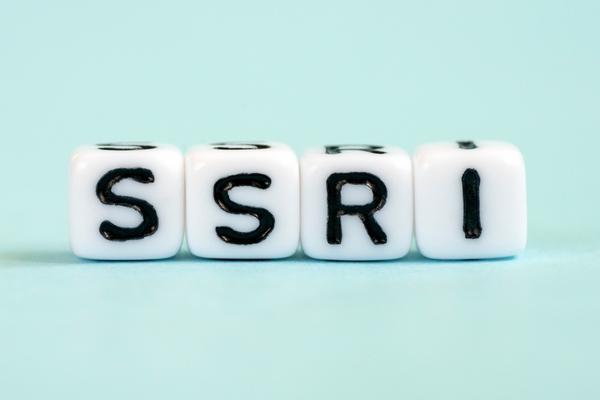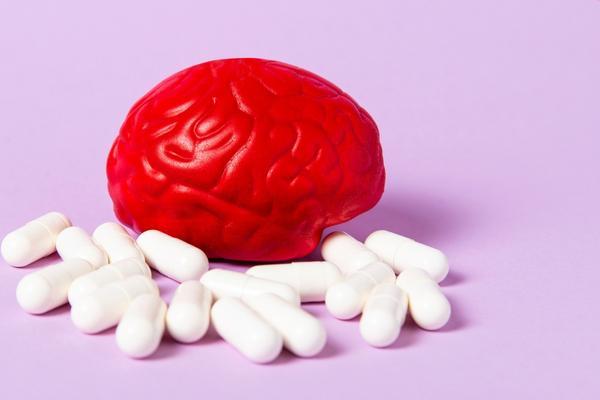Even though antidepressants have become a standard treatment for depression, psychiatrists still don’t clearly understand how they work.
A recent paper suggests that some explanations persist thanks to clever marketing, even without scientific evidence.
According to a thorough analysis of earlier data conducted by UCL scientists, there is still no conclusive proof that serotonin levels or serotonin activity are the cause of depression despite decades of study.
The new umbrella review, an overview of existing meta-analyses and systematic reviews, published in Molecular Psychiatry, suggests that a chemical imbalance does not likely cause depression.
The umbrella review questions what antidepressants actually do.

The majority of antidepressants are selective serotonin reuptake inhibitors (SSRIs).
Initially, it was believed that they functioned by raising unusually low serotonin levels.
There’s no other accepted pharmacological mechanism by which antidepressants affect the symptoms of depression.
The lead author is Professor Joanna Moncrieff, a Professor of Psychiatry at UCL and a consultant psychiatrist at North East London NHS Foundation Trust (NELFT).
She said: “It is always difficult to prove a negative, but I think we can safely say that after a vast amount of research conducted over several decades, there is no convincing evidence that depression is caused by serotonin abnormalities, particularly by lower levels or reduced activity of serotonin.”
The umbrella review captured all relevant studies published in the most critical research fields on serotonin and depression.
Tens of thousands of participants participated in each study in the review.
Serotonin levels and the byproducts of its breakdown in the blood or brain fluids have not been found to differ between depressed patients and healthy control (comparison) subjects in studies.
Introduction of the Serotonin Theory
The serotonin theory of depression was first introduced in the 1960s and was widely promoted by the pharmaceutical industry in the 1990s along with efforts to market a new range of antidepressants, known as selective serotonin-reuptake inhibitors or SSRIs.
The American Psychiatric Association and other official institutions endorsed the idea while telling the public that “differences in certain chemicals in the brain may contribute to symptoms of depression.”
The message is repeated by countless doctors worldwide, in their private practices and in the media.
People accepted what they were told.
Many people started taking antidepressants because they believed they had something wrong with their brain that required an antidepressant.
The marketing push caused antidepressant use to climb dramatically.
“Drug companies marketed SSRIs for depression even though they were weaker than older tricyclic antidepressants.
They also sold the idea that depression was the deeper illness behind the superficial manifestations of anxiety.
The approach was an astounding success, centered on the notion that SSRIs restored serotonin levels to normal.
Later, this notion transmuted into the idea of restoring a chemical imbalance.
Certain academics, including some leading psychiatrists, have suggested for a long time that there isn’t satisfactory evidence supporting the idea that depression results from abnormally low or inactive serotonin.
But others continue to endorse the theory.
What The Study Found
Until now, however, there hasn’t been a comprehensive review of the research on serotonin and depression that could enable firm conclusions either way.
The serotonin theory of depression appears to be supported by the fact that SSRI-type medicines affect the serotonin pathway.
And SSRIs do temporarily increase the availability of serotonin in the brain, but this doesn’t necessarily imply that the opposite of this effect causes depression.
There are other explanations for antidepressants’ effects.
Drug trials have shown that antidepressants are barely distinguishable from placebos when treating depression.
Antidepressants also appear to have a generalized emotion-numbing effect that may influence people’s moods.
But we don’t know how this effect is produced or much about it.
The worst thing is that thousands of people have antidepressant side effects, including withdrawal symptoms when someone tries to stop taking them.
The researchers caution that anyone wanting to stop taking antidepressants should speak to their doctor first due to the risk of adverse effects following withdrawal.
Contact Alexander Shunnarah Trial Attorneys For Your Legal Needs
The lawyers at Alexander Shunnarah Trial Attorneys want to keep the public informed about new studies and information that may affect their daily lives. We also fight for compensation for people who have been injured by medications. If you have suffered from taking medication, call our attorneys to see if you have a case for compensation.
References:
https://www.sciencedaily.com/releases/2022/07/220720080145.htm
https://time.com/3829565/is-the-link-between-depression-and-serotonin-a-myth/
https://www.ucl.ac.uk/news/2022/jul/analysis-depression-probably-not-caused-chemical-imbalance-brain-new-study





